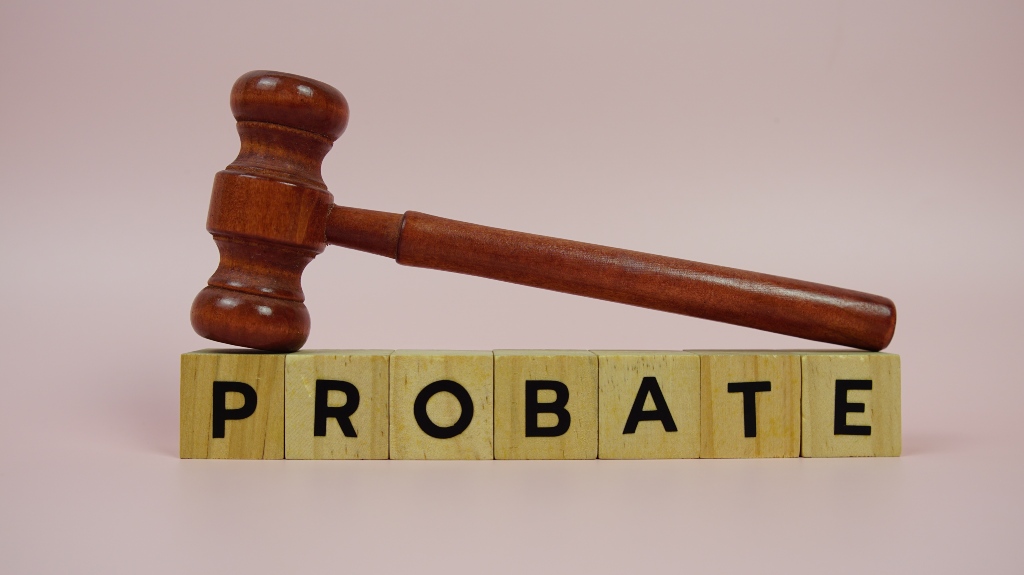When a person passes away, the distribution of their estate assets occurs through the probate process by default. Unfortunately, the court-supervised nature of probate can add time and financial cost to distributing inheritances to a decedent’s heirs or beneficiaries. Fortunately, various legal options can help mitigate or eliminate the need for probate to distribute inheritances after a person’s death. For example, many individuals and families use trusts to avoid the time and expense of probate in Texas. Understanding how trusts help avoid probate can assist you with your estate planning.
Understanding Probate
In Texas, probate is the process by which a court validates a will, appoints an executor or administrator of a decedent’s estate, and oversees the distribution of assets to the decedent’s creditors, beneficiaries, and heirs. Depending on the size and complexity of an individual’s estate, as well as whether interested parties file legal challenges against the estate administration, probate can become a time-consuming and costly process, potentially dissipating some of the value of a decedent’s estate to estate administration expenses and requiring beneficiaries or heirs to wait for their inheritances. Furthermore, certain estate administration actions may require court approval, further slowing down the process.
Understanding Trusts
A trust is a legal instrument under which a party called a trustee holds and manages assets put unto the trust by its creator, called a settlor, on behalf of one or more beneficiaries designated by the settlor in the trust instrument and per the terms of the instrument. A settlor may create a trust to hold assets during their lifetime and continue to manage them after the settlor’s death. People may create revocable trusts, which allow the settlor to amend the trust’s terms or revoke the trust, or irrevocable trusts that the settlor cannot change or revoke but which provide various tax and asset protection benefits. When primarily seeking to avoid probate, people often use revocable trusts due to their greater flexibility compared to irrevocable trusts.
How Trusts Avoid Probate
When a settlor places their assets into a trust, those assets no longer remain in the settlor’s estate for probate purposes. Thus, the distribution of assets in a trust does not occur through the probate process but rather according to the terms of the trust document, which may direct the trustee to make specific distributions or grant the trustee discretion over distributions. A trust document may also specify a future termination date or event for the trust, upon which the trustee must distribute the trust’s assets to its beneficiaries in accordance with the terms of the trust document. Thus, trusts can help avoid the delay and expense of probate while offering families privacy in managing their wealth since managing a trust usually does not involve the court.
Common Types of Trusts Used to Avoid Probate

Individuals and families often use revocable living trusts as a primary means of avoiding probate. A living trust refers to a trust that goes into effect during the settlor’s lifetime, while the revocable nature of the trust allows the settlor to make changes to the trust, such as changing distributions or beneficiaries or revoking the trust to regain the trust assets. However, individuals and families might use irrevocable trusts when they also want tax and asset protection benefits. Individuals and couples may also use Medicaid trusts to protect assets while qualifying for government benefits for long-term or end-of-life care.
Contact an Estate Planning Attorney Today
When you have concerns about the potential adverse effects of probate on your estate administration, an experienced estate planning lawyer from Carroll Law Group, PLLC, can help you understand your options for avoiding probate, such as using trusts. Contact our firm today for a confidential consultation to learn more about how incorporating trusts into your estate plan can facilitate the distribution of your estate without the need for probate.

